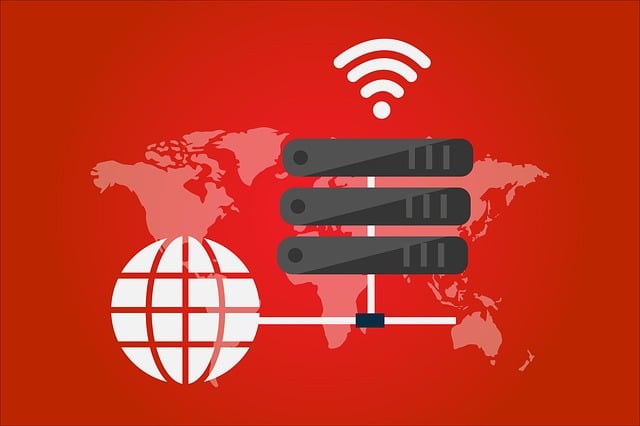How to Enhance Cloud Security with Proactive Proxy Strategies
Cyber threats can hit businesses of any size, anywhere. A single breach might do more than just leak data (which is already bad) - it could also halt operations, endanger your budget, and damage your reputation.
Luckily, you don’t have the battle of data security alone. You have a wide range of tools at your disposal, starting with antivirus solutions, two-factor authentication, and going further to network monitoring software and more.
Proxies are one of these solutions that you can integrate into your multi-tiered security system. They’re an effective way to boost security protocols in your network as they help filter harmful traffic while keeping your sensitive information under wraps.
In this article, you'll learn how proxy solutions act like watchful sentinels, offering enhanced protection that adapts to ever-evolving cyber risks. So make sure to keep reading until the end.
Leveraging Proxies for Enhanced Traffic Monitoring
Your network traffic tells a lot about the security of your data, but you have to listen to it. This is exactly what a proxy does: it acts as an intermediary between users and the internet and scrutinizes data packets flowing through your network, looking for potentially harmful content before it reaches its destination.
Proxies ensure that only verified and safe data enters or exits, significantly reducing the risk of malware infiltration or unauthorized access attempts. Moreover, they help manage bandwidth effectively by filtering out unnecessary traffic and blocking malicious websites from being accessed by employees unintentionally.
Why an ISP Proxy May Be the Best Solution
There are several types of proxies, each with its own pros and cons. However, the most important factors when choosing the type of proxy for your data security are speed, anonymity, and cost.
You want your proxy to be fast (no one has the patience to wait longer than 3 seconds for a page to load nowadays), to hide your identity online, and to be affordable. A good ISP proxy meets all these criteria as it uses genuine ISP IPs while operating at data center speeds.
This aspect is important because it’s less likely your proxy will be flagged or blocked by websites.
Why does this matter? Many services detect and block generic proxies because they're often used for spammy activities or scraping data without permission. But with ISP proxies, you're using IP addresses assigned by legitimate ISPs. This helps ensure smoother access to online resources without interruptions.
There's an added benefit when considering compliance with regional regulations and legal requirements: ISP-provided IPs are naturally aligned with their specific geographic locations, which helps meet location-specific restrictions effortlessly.
Ethical Implications of Proxy Usage
While proxies offer significant security benefits, their misuse can raise concerns.
Some use proxies for web scraping without consent. This action might provide valuable insights, but it crosses an ethical line by violating terms of service and potentially breaching privacy.
Trust is and must remain a cornerstone in digital interactions. So, companies using proxies must ensure they're not infringing on user rights or engaging in deceptive practices. While your cybersecurity must be a top priority, you also respect other organizations’ right to data privacy and security.
It’s also important to comply with legal standards across jurisdictions; certain regions have stringent regulations regarding data protection that dictate specific guidelines on acceptable uses for these technologies.
Wrap Up
Proxies don’t have the best reputation online, but when used correctly, they can be a powerful piece of your company’s cybersecurity puzzle. So, talk with a security expert and find the best way to use this powerful tool for an added layer of security.

